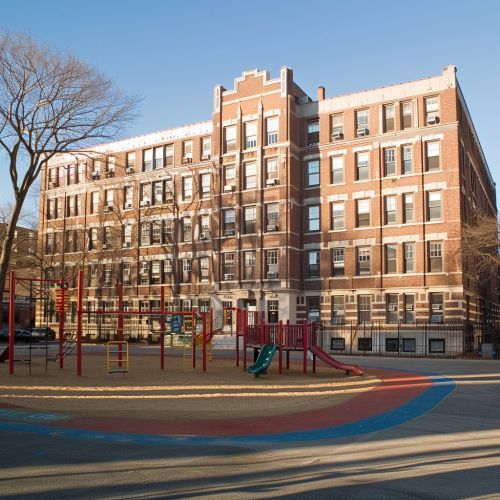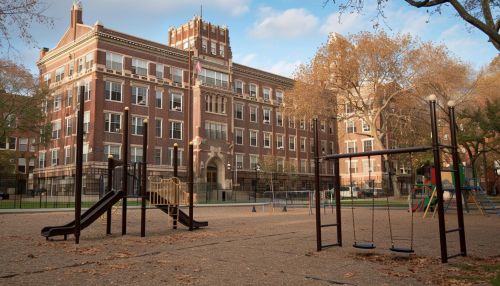Education in New York City
Overview
Education in New York City is provided by a vast number of public and private institutions. The city's public school system, the New York City Department of Education, is the largest in the United States, serving about 1.1 million students in more than 1,800 separate schools. The city also hosts numerous private schools and universities, including many religious and special-purpose institutions, as well as some of the nation's premier private universities.


History
The history of education in New York City is rich and varied. The city's public school system was established in 1805, and the Free Academy of the City of New York, which later became the City College of New York, was founded in 1847. The city's education system has undergone numerous reforms and changes over the years, reflecting shifts in educational philosophy, demographics, and the city's evolving needs.
Public Schools
New York City's public schools are operated by the New York City Department of Education, which manages nearly 1,800 schools with a budget of nearly $25 billion. The department covers all five boroughs of the city, and its schools are divided into various districts based on geography and grade level.
Elementary Schools
Elementary schools in New York City provide education for students from pre-kindergarten through fifth grade. These schools focus on basic academic learning and socialization skills, introducing children to the broad range of knowledge, skill and behavioral adjustment they need to succeed in life and, particularly, in secondary school.
Middle Schools
Middle schools in New York City, also known as intermediate schools, provide education for students in grades six through eight. They serve as a bridge between elementary school and high school, helping students transition from the more nurturing environment of the elementary school, and preparing them for the more rigorous demands of high school.
High Schools
High schools in New York City offer a wide range of educational options, with various schools focusing on specific areas of interest, such as science, technology, engineering, and mathematics (STEM); the arts; and career and technical education (CTE). The city's high schools also offer a variety of advanced placement (AP) and International Baccalaureate (IB) courses.
Private Schools
In addition to its public schools, New York City has an extensive network of private schools. These range from prestigious preparatory schools, which often have selective admission criteria and high tuition fees, to religious and special-purpose schools that serve specific communities or student populations.
Higher Education
New York City is home to many world-class higher education institutions. These include both public and private universities, such as Columbia University, New York University, and the City University of New York system, which includes numerous colleges throughout the five boroughs.
Special Education
New York City's Department of Education also provides special education services for students with disabilities, through both its public schools and through contracts with private schools. These services are mandated by federal law, and include both academic and non-academic support services.
Challenges and Issues
Education in New York City faces a number of challenges and issues. These include disparities in educational outcomes between different student populations, the ongoing debate over the role of standardized testing, and the challenge of providing high-quality education in a city with a high cost of living and significant income inequality.
